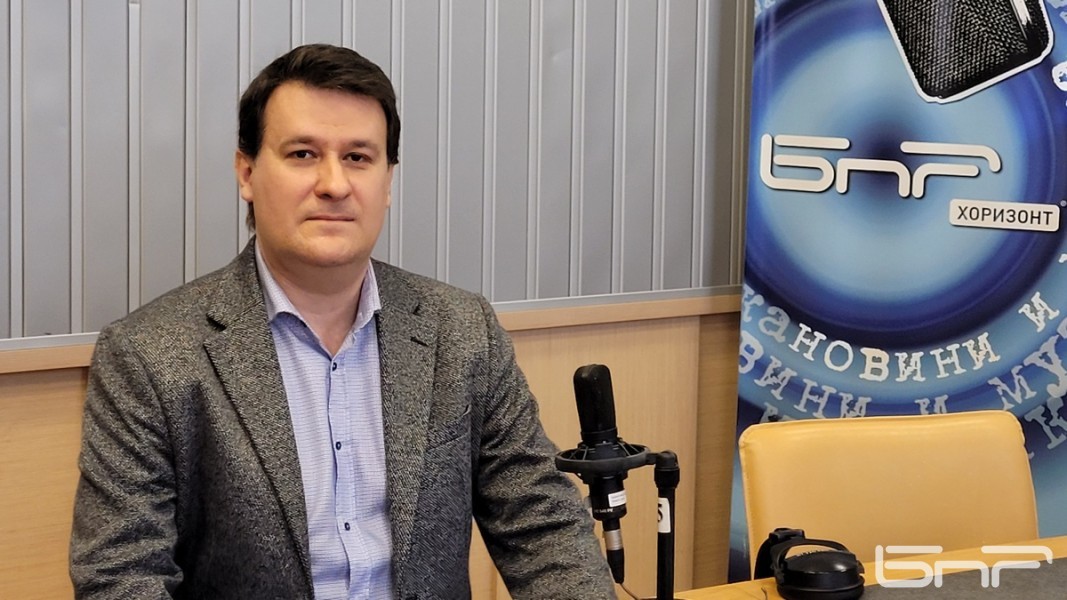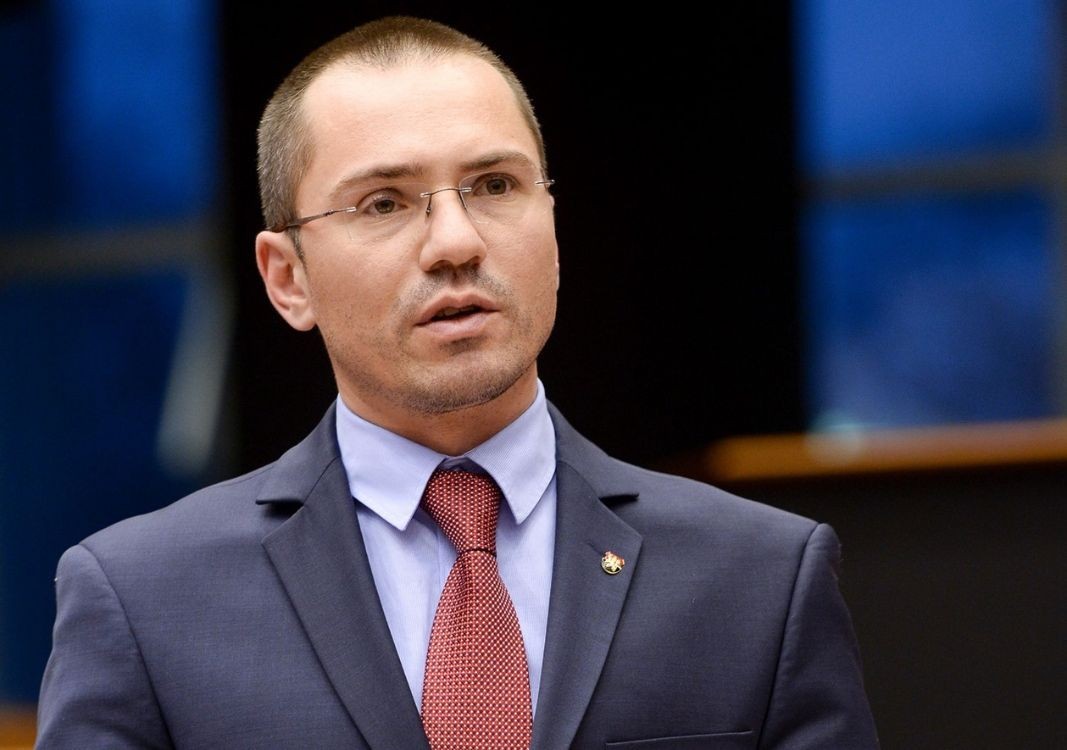Sixteen parties and seven coalitions have declared their will to participate in the election battle for representation in the 49th National Assembly. By February 28, all of them must register their candidate-MP lists with the Central Election Commission. The election campaign starts at 0:00 on March 3, Bulgaria’s national holiday.
It is yet to be seen whether the elections would lead to a regular government or these would be just one of the series of early elections that have been taking place in Bulgaria for two years. However, one thing seems certain – "it is not important who will be first on election night, but who will be able to find a formula for a parliamentary majority, in order to form a government", Evelina Slavkova, a sociologist from Trend agency, pointed out.
In its survey, commissioned by the "24 Chasa" daily, the agency forecast very close results for two of the coalitions - GERB-SDS with 25.6%, and the union of “We Continue the Change” and Democratic Bulgaria with about 24.8% support among those who declared that they will vote in the upcoming election on April 2. Four more parties would find a place in the National Assembly at the moment, the poll shows. These are the Movement for Rights and Freedoms, Vazrazhdane, BSP and Bulgarian Rise. According to Slavkova, the percentage differences between the first two coalitions are within the margin for statistical error:
"The pre-election campaign is certainly important. In this type of situations when we see rearrangement of political layers, all the other processes happening in the public space will affect the results. In the backdrop of inflation and the financial problems faced by Bulgarians, it seems as if the political crisis is taking a backseat, but the truth is that Bulgarian society is beginning to see a problem in the fact that political parties cannot appoint a regular cabinet to solve the urgent problems. This will also affect the election results," the sociologist says.
"All parties, with the exception of Vazrazhdane, mark a decline in the positive attitude towards them. The picture is similar for political leaders," Dobromir Zhivkov from the Market Links Agency pointed out.

In addition to the parties previously represented in the parliament, parties that have long been out of political life, such as NDSV /National Movement for Stability and Progress/, registered to participate in the vote in April.
“The ‘awakening’ of so many political formations simultaneously for elections that will not produce a sustainable result in the future, leaves me with the impression that perhaps there is some idea of dispersing the vote, dispersing even the communication environment with as many speakers as possible. There would be even more serious fragmentation as a result and even more serious role of the president in the direct rule of the country," Dobromir Zhivkov told us.
Political scientist Milen Lyubenov has voiced a similar opinion. According to him, new political projects such as the "Left" Alliance, in which prominent former members of the BSP participate, and "Together" - the new political project of former ITN MPs, have no chance for representation in the next National Assembly.

"I don't think they stand a chance for even 1% of the votes in the elections. I don't see new messages that distinguish the ‘Left’ from everything else that has been said in recent years in the leftists political space," he says. According to Lyubenov, NDSV will probably have a similar result.
Talks are also underway about joint participation of VMRO and "Bulgarian Rise" in the elections with the aim of unifying the patriotic vote.

"The patriotic vote must be united and the direct proof of this need is the national betrayal committed by We Continue the Change, DB, DPS and GERB,” MEP of VMRO, Angel Dzhambazki, claims. “When we were not represented in the government, they changed the Bulgarian position in order to serve our western partners and attacks against Bulgarian clubs, beatings and adoption of anti-Bulgarian legislation in North Macedonia, started. Bulgarians there have become subjected to terror."
Regardless of the format in which the parties would run in the election, they should know that during the campaign they will have a serious opponent in the face of voters and their distrust. It seems that fewer voters now think elected MPs would do their job correctly.
Photos: Ani Petrova, BNR, library, Facebook /Ангел Джамбазки
"What we have let slip, we have let slip over the last 20 years, not yesterday or the day before." This was stated to the Bulgarian National Radio by Ivaylo Valchev, MEP from the European Conservatives and Reformists (ECR), before today's vote in..
At the end of last week, we witnessed the third consecutive failed vote of no confidence against the government of Prime Minister Rosen Zhelyazkov. This time, the motion was initiated by Vazrazhdane (Revival), the third largest parliamentary political..
The draft report on the progress of North Macedonia on its path to European integration has been a hot Balkan topic in recent weeks, after rapporteur Thomas Weitz included in the document concepts such as "Macedonian identity" and..

+359 2 9336 661
